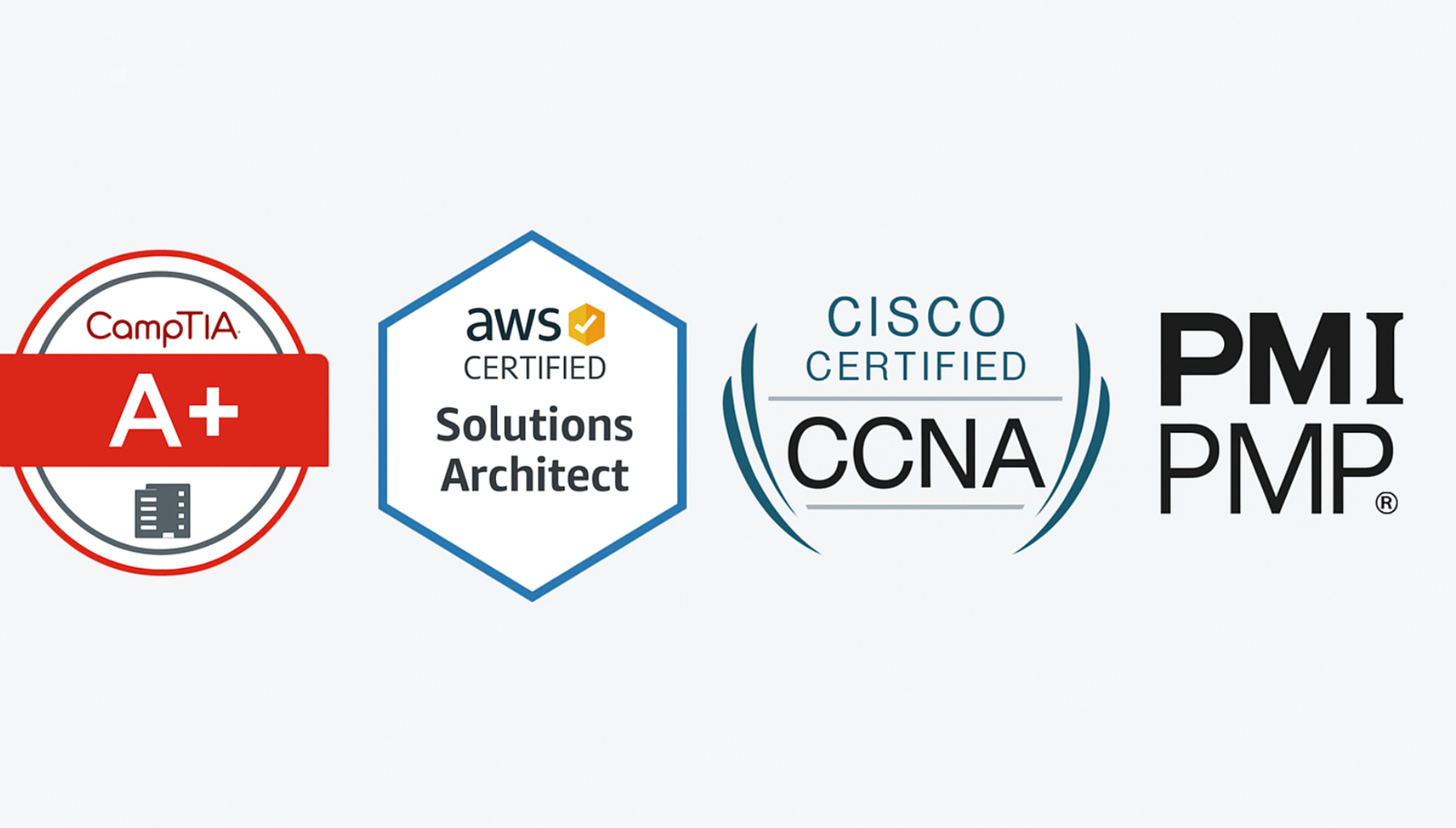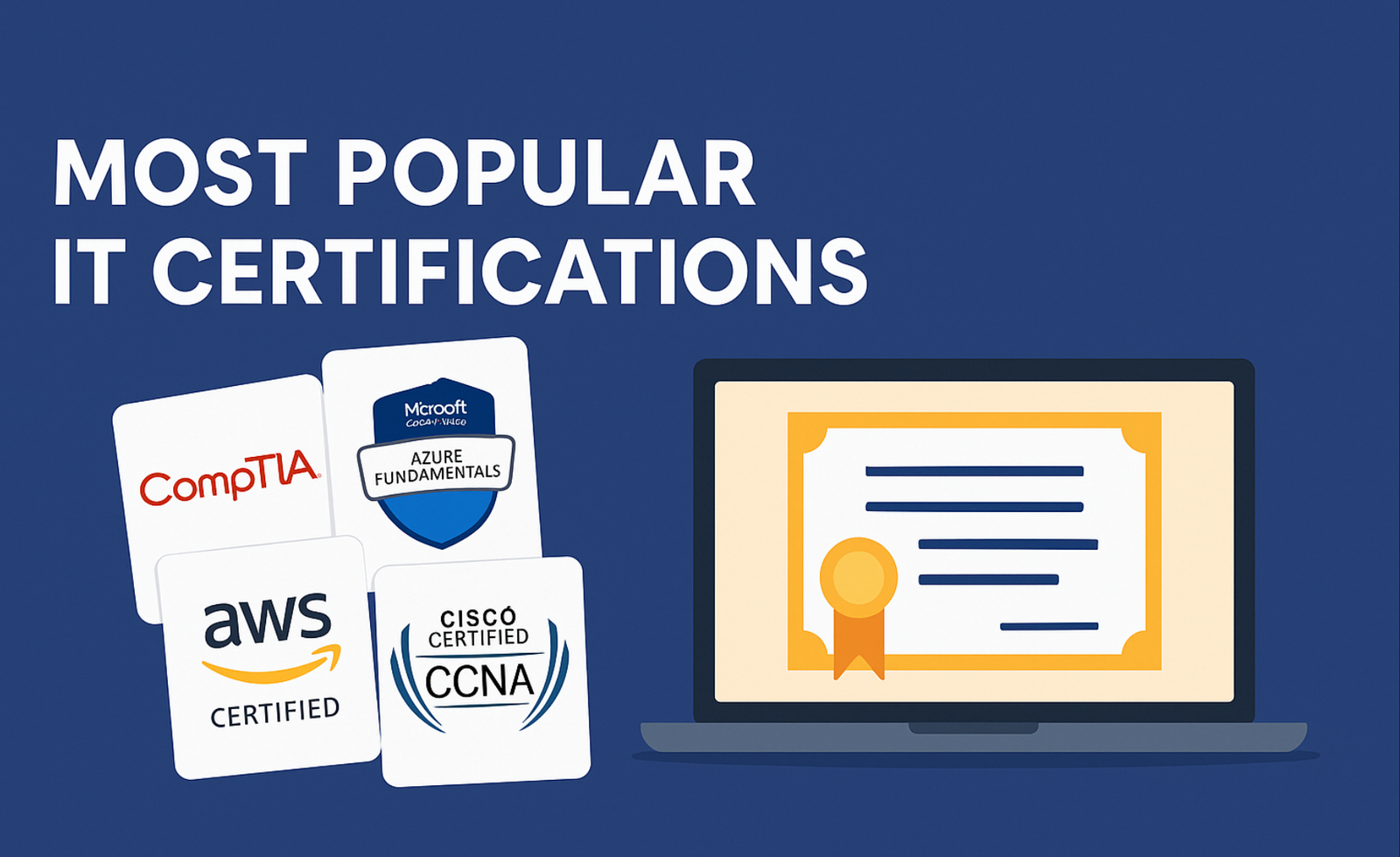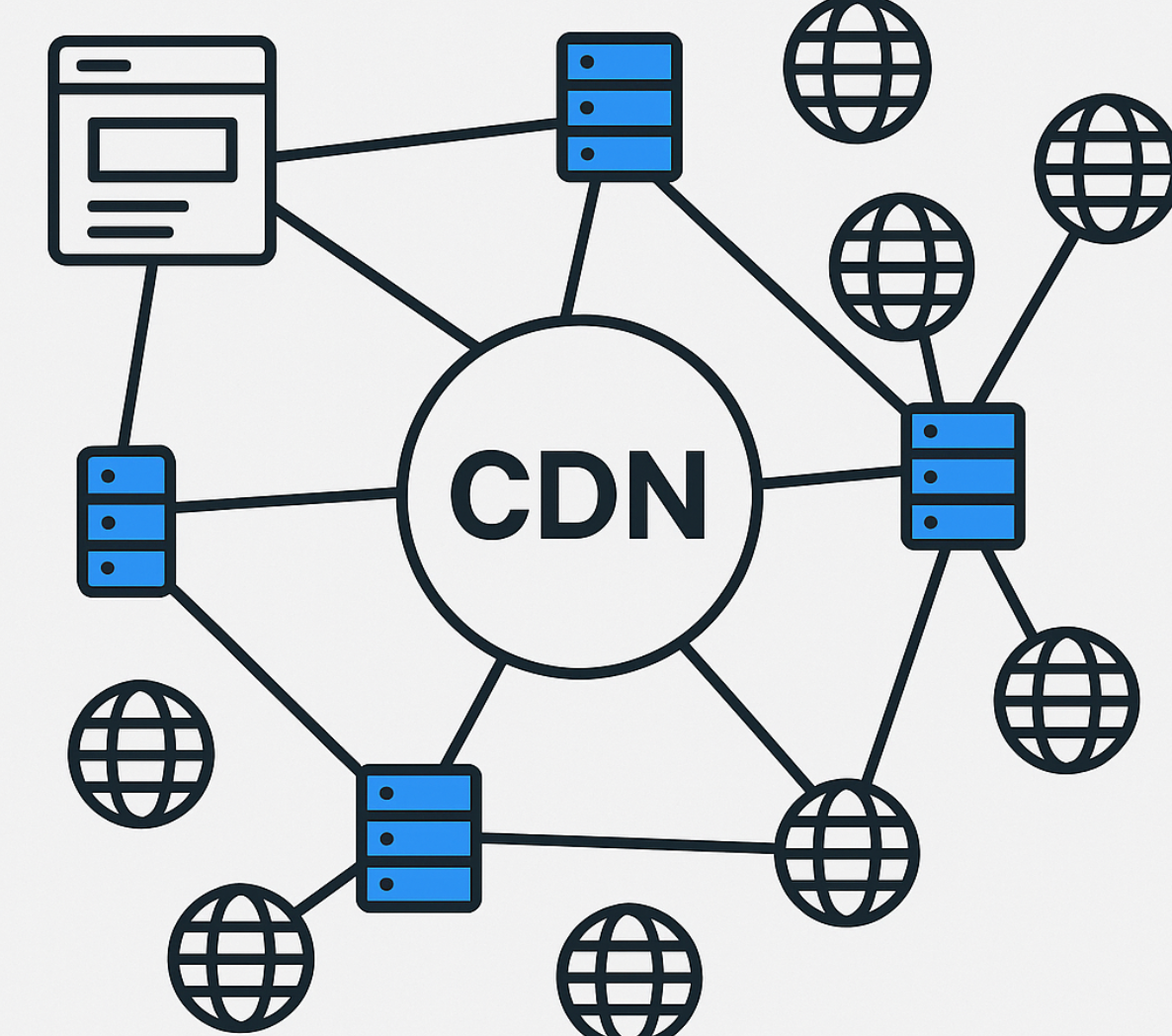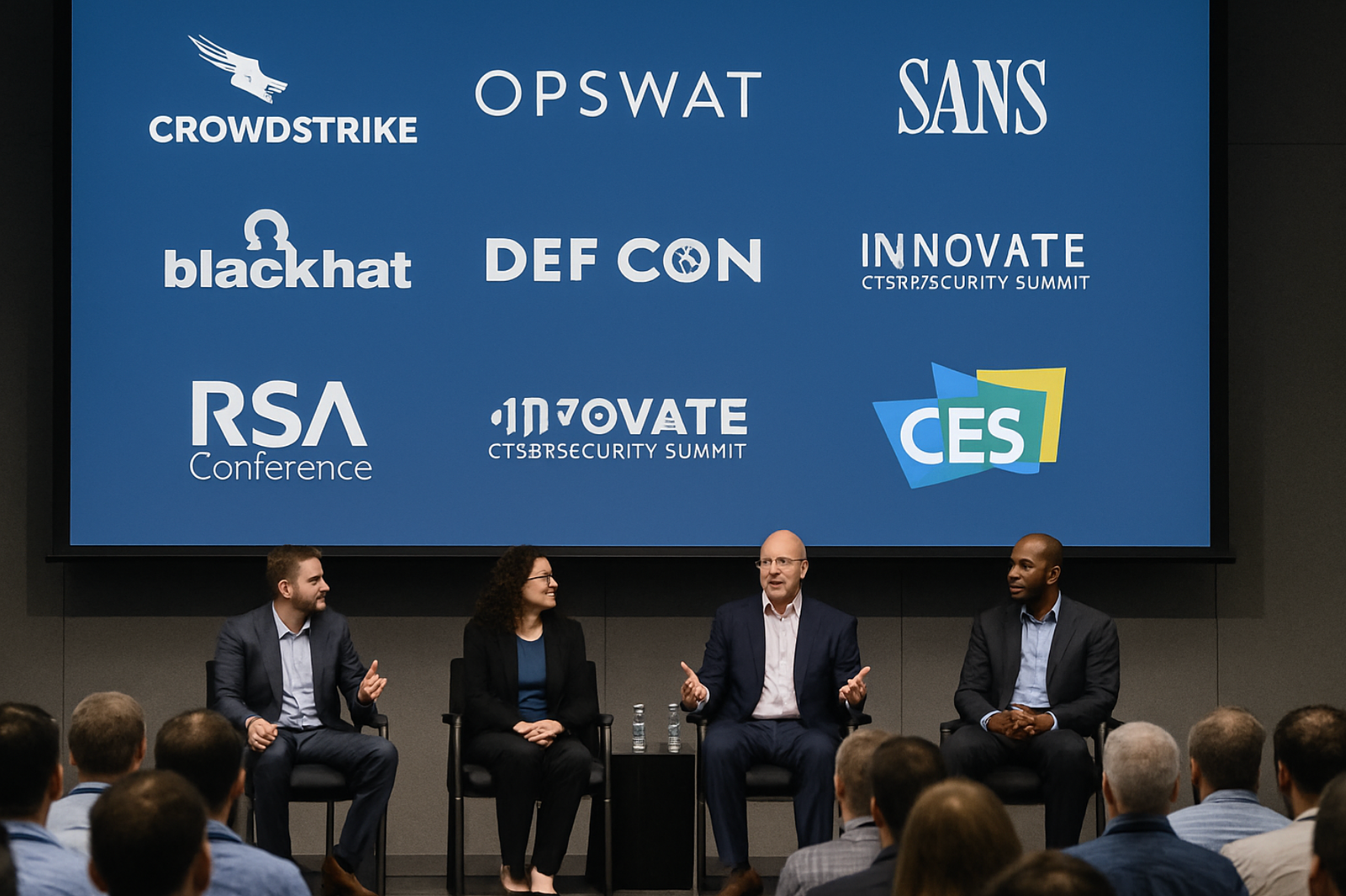In the ever-evolving world of information technology, certifications serve as a powerful tool to validate expertise and open new career opportunities. While some IT certifications are widely recognized and sought after, others remain rare yet highly valuable. In this article, we will explore the most popular IT certifications, the rarest ones, and who benefits from acquiring them.
Most Popular IT Certifications
Certified Information Systems Security Professional (CISSP):
Offered by (ISC)², CISSP is considered the gold standard for cybersecurity professionals. It covers eight domains, including security and risk management, asset security, and software development security. Employers in sectors such as finance, government, and healthcare often require CISSP certification for senior security roles.
Cisco Certified Network Associate (CCNA):
The CCNA certification is ideal for network engineers and administrators. It validates foundational networking skills, such as IP connectivity, security fundamentals, and automation. CCNA is highly valued by companies using Cisco infrastructure.
Certified Ethical Hacker (CEH):
Offered by EC-Council, CEH focuses on penetration testing and identifying vulnerabilities in networks and systems. CEH-certified professionals work as ethical hackers, defending against cyber threats.
Amazon Web Services (AWS) Certified Solutions Architect – Associate:
AWS certification verifies expertise in cloud architecture and deployment on AWS platforms. It is one of the most popular cloud certifications and is highly valued by enterprises migrating to cloud infrastructure.
CompTIA Security+:
Security+ is a vendor-neutral certification that covers essential cybersecurity concepts, including threat management, identity access control, and incident response. It is a great entry-level certification for those starting in cybersecurity.
The Rarest IT Certifications

Certified Blockchain Professional (CBP):
Blockchain technology is growing rapidly, but only a limited number of professionals hold the CBP certification. It covers blockchain development, architecture, and implementation.
Certified Information Technology Asset Manager (CITAM):
This certification focuses on managing IT assets, including hardware, software, and licenses. CITAM-certified professionals are rare but crucial for companies aiming to optimize asset management.
GIAC Exploit Researcher and Advanced Penetration Tester (GXPN):
GXPN is a specialized certification for advanced penetration testers. It covers areas such as advanced exploitation techniques and network defense evasion, making it highly valuable but rare.
Cisco Certified Architect (CCAr):
CCAr is the highest level of Cisco certification and requires candidates to develop a comprehensive network design solution for a complex enterprise scenario. It is one of the rarest and most challenging Cisco certifications.
Offensive Security Certified Expert (OSCE):
OSCE is the advanced level of the Offensive Security certifications. It focuses on exploit development, advanced attack vectors, and network security evasion, making it rare and highly specialized.
Who Needs These Certifications?
Network Administrators and Engineers: Benefit from CCNA, CCNP, and CCAr certifications.
Cybersecurity Specialists: Require certifications like CISSP, CEH, OSCP, and OSCE to validate their skills.
Cloud Architects: AWS, Azure, and Google Cloud certifications are essential for managing cloud infrastructure.
Asset Managers: CITAM and ITIL certifications are crucial for asset management roles.
Penetration Testers: CEH, GXPN, and OSCE provide advanced skills for penetration testing and ethical hacking.
IT certifications can significantly impact a professional’s career, especially in high-demand areas like cybersecurity, cloud computing, and asset management. While popular certifications provide essential skills, rare and advanced certifications distinguish experts in specialized fields. By strategically selecting certifications that align with industry trends and personal career goals, IT professionals can position themselves as indispensable assets in a competitive job market.








